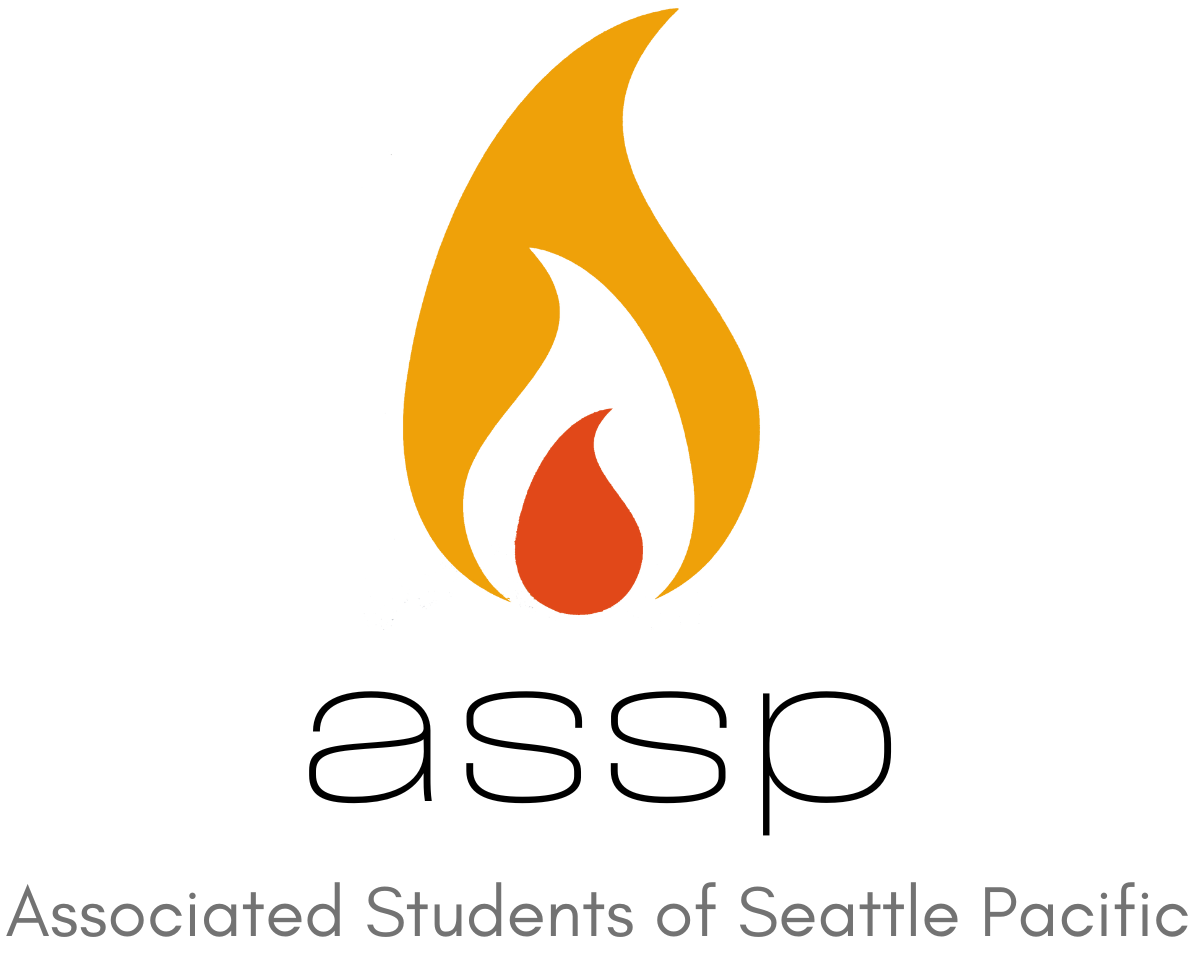Student voice
Letter from the ASSP president
November 17, 2022

The mission of the ASSP Senate, SPU’s student government, as stated in the ASSP Constitution is “to be a body of well-informed students diligently representing the concerns of our constituencies in an open-minded forum” and to “facilitate interaction between the students and the administration, faculty, and staff of Seattle Pacific University.” As ASSP president, it is my responsibility to represent the concerns of the general student body and the ASSP Senate to university administration and the board of trustees, to meet with the university president and other administrators as necessary and to serve as the primary student representative to the board of trustees.
Coming into my term as president, I knew it would be a very difficult year to fulfill this role. How can I, as the main advocate for students at the administrative level, be sure that I am representing the needs of all students to the best of my ability? How can I ensure that student voices are heard by a board of trustees that seems more close-minded and less willing to listen than ever?
These are the questions that I have been wrestling with since running for president in February of last year. I wanted to become president so I could use my knowledge gained from other leadership roles at SPU to help facilitate the growth and strength of ASSP operations. I also wanted to use my experience as a member of the LGBTQ+ community coming from a Christian background to inform ASSP’s approach to activism for this year and to continue to lead efforts to support queer inclusion on SPU’s campus. However, it is my written responsibility in the constitution to be the liaison between the student body and the board of trustees, and that has proven to be the biggest and arguably most important challenge.
Already this year, I have had the unique opportunity to be on the Presidential Search Committee that is tasked with finding a candidate for our new university president. I have also been invited to deliver quarterly reports on the status of the ASSP Senate and the student body to the board of trustees. This has not been done at SPU in over 20 years and is largely the work of the dean of student life, Chuck Strawn, and the vice president for student life, Jeff Jordan, to bring this opportunity for the student perspective to be shared back. Last week, I sent out an email to all students asking them to provide their insight and feedback through a survey, and if you are reading this and are a student I am asking you to please help me communicate the needs of the student body during an opportunity we have not had in two decades.
I know this feels like a harder time than ever to speak up when it may feel like there is no one there to listen. But for change to happen on our campus in ways that the student body needs the most, for SPU to flourish and become the inclusive, loving, Christ-like community we all want it to be, and for our policies to reflect the affirming culture of the members of our community, students, staff and faculty work to cultivate, then we have to continue speaking up and speaking out at every opportunity we are given. We are not done fighting. The SPU community is not done fighting.
From the responses I have already gotten, I know our students are not done fighting. We are as passionate as ever about our campus, especially regarding LGBTQ+ issues. 86.3% of respondents so far reported being affected by the board’s decision to keep the statement on human sexuality and SPU’s discriminatory policies, and almost half reported being “deeply affected.” Almost every short answer regarding the community experience at SPU, what actions students would like to see from ASSP this year and what students would like to see from institutional leadership this year centered on LGBTQ+ issues of inclusion. The board needs to know the extent of the impact of their decision and that it has done anything but make SPU’s crisis go away.
Embodying the voice of the student body means representing the individual concerns, opinions and perspectives of 2,428 undergraduate students, and it is deeply important to me to do it to the best of my ability. I want to take every opportunity to reach the hearts and minds of our leadership, and I need to be informed by you, the students, in order to do the best job I can.
ASSP’s opportunity to connect with institutional leadership is growing, and it is a crucial time for ASSP to influence the future of the university. Before the Board of Trustees can listen, we need to be speaking, so let the student voice roar.


























































































